This time around, I’m not going to talk about anything negative. But, I’m not going to be talking about anything positive as well. I’m going to follow my own recommendations from a talk I recently gave and try to think about things not from a place of hope or a place of fear, since those two emotions actually represent two sides of the same passive, anxiety-ridden coin. Instead, I want to use this space for us to be good Marxists and do some material analysis. Namely, let’s talk about how the way we’re listening to music, like much of our technological advances elsewhere, has pretty much stagnated for the last decade or so.
You see, capitalism works in what’s called a “boom and bust” model. When things are going well (AKA when the system has obscured all the problems well enough for the price of labor, also known as wages, to be cheap and for consumer power to be high) then everything is booming! People, by which we mean the middle class and above, have a lot of money and they want to buy existing things like houses, good food, books, and other consumer products we all Know and Love™. But this boom is superficial; underneath the surface, the same contradictions of capitalism (briefly described by the simple fact that capitalists want to pay as low wages as possible but have prices, which are paid for by wages, to be as high as possible) are still operating beneath the surface. So, what happens? That’s right, the system grinds to a halt and we get a bust.
Now, of course the bust is described using external reasons and “no one could have seen this coming” argumentation. Even when the crisis is so clearly to do with the financial system like, oh I don’t know, the 2008 sub-prime bubble, capitalists and their lackeys can’t stop using the term “black swan” or “Act of God” when, excuse me, God wasn’t really involved. This is also true for the crisis we are seeing now; no one could have seen COVID-19 coming, right? Well, you know, except for all the reports by epidemiologists that this was coming. Oh and environmentalists explaining how global capitalism and industrialization will lead to more pandemics. Oh and the Obama administration. And a bunch of other people. But it’s not as if the people who were making all of those things go are to blame, right?
OK, enough of the macro for now. What’s my point? My point is that during these busts, a lot of things grind to a halt and technological innovation in most fields (read: any fields which are reliant on consumer spending) simply stops. It’s hard to recognize that when it happens because things seem to keep moving; existing service providers roll out new features, models of smartphones keep releasing with ever new and ascending version numbers, and advances in non-consumer reliant fields (like space travel, artificial intelligence, and more) are still coming in. But if you stop to look at things, you can actually see that the way we use the most common pieces of technology has pretty much stayed the same since the end of the 00’s (remember, that’s not the previous decade but the decade after that).
Smartphones are faster and have better cameras but they are essentially the same as the first few models of the iPhone. Wearables are a bit more popular but didn’t really take hold, plus don’t really do all that much. Computers have gotten faster and games have better graphics but they are essentially the same. One exception to that is VR, which seems to be one of the only consumer-driven fields that’s actually pushing forward and growing. But we can’t really say the same for the technology behind streaming, buying, and listening to music online. Here are some facts for you: Bandcamp was founded in 2008. Spotify was founded in 2006. And YouTube was founded in 2005, bought by Google just one year later in 2006. All of these services came to life not in the previous decade but in the one before that.
New players have, of course, tried to break into the market and some of them, like Apple, have succeeded as well. But can you really say that Apple is all that different from Bandcamp or Spotify? Not really. Sure, the brand is different and some UX details change but the premise is basically the same: we either stream music from companies who pay artists a fraction of what their music is worth or we buy their music digitally through these platforms. Hell, vinyl and CDs are even still a thing. Overall, we are listening to, consuming, and purchasing music the exact same way that we have for the past 15 years or so. On the music industry side of the business, things are even more stagnant. Sure, some bands have turned to crowd-funding, but most of them still operate under the same dichotomy: either try to make it online on your own or get a label to release your music. We’ve been making and releasing music under this model for about 60 years, if you replace “online” with “Rolling Stone magazine” for the first 40 odd years of the process.
Look at Bandcamp. I love Bandcamp but it’s becoming pretty weird that their product has stayed pretty much the same for the last five years (and even more). You discover new albums in pretty much the same way. You stream them in the same way, with the same control scheme (or lack thereof). You have discographies now and merch on demand but you still pay the artists with the same tools, have them delivered with the same tools, and experience them with the same interfaces. Sure, some of it might just be a “if it ain’t broke, don’t fix it” mentality from a tech company that has made efficiency and leanness not only its approach but its ideology in the fight against “big tech” companies like Spotify. But it’s still pretty weird that basically nothing has changed in how we interact with music on their platform.
This also means that we think about music in much the same ways as we did two decades ago. As Marx teaches us, material conditions prefigure our intellectual conceptions of reality. So, streaming music the way we do makes us think of music in many different ways. Disposable? Ready to hand? Plentiful? Does it make us expect music to always be there and for artists to be constantly working, constantly releasing new music so we can stream it? Buying music online the way we do does much of the same things. It makes us think of music as something that’s not physical. Things like artwork have had their importance decrease in many ways but also increase in others; think of the metal community and how much emphasis it has been putting on artwork, maybe even more now that every copy of an album comes with a high-res JPG of its cover art. The ways in which these structures affect our perceptions are infinitely varied and, thus, very hard to put our fingers on.
So, what the hell is my point in all of this? First, it’s just this material analysis for the sake of the analysis. In times of crisis, which we are definitely in right now and have been in, in one way or another, for over a decade, people want to play it safe. They focus on the things they need to stay alive and they’re not in the mood to take risks and invest in things they’re not sure about. So ad budgets shrink and products play to their base, looking to double down on what they know works and what had made them successful to begin with. Innovation seems like too much of a risk. Don’t get me wrong, in cramped rooms and cubicles in all of these companies, a bunch of product managers are still slaving away designing the new features of the future and they want them to be interesting and innovative (I know because I’m one of those product managers). But there’s a lot that needs to happen between their plans and the features actually getting released and getting released in a form that in any way, shape or form resembles their ambitious plans.
But secondly, I also want us, all of us who consume music online, to take note of this stagnation and just…think about it. Analyze the tools you’re using, the ways in which you use them, the material ways in which they affect the way you consume music. Maybe become more critical users of the tools you use and start to talk about what else you’d like them to do, how else you’d like them to pre-configure your relationships with the artists you follow. Maybe you’re cool with the way things are handled right now. That’s fine! But what exactly do you like? What would you like to see preserved? Maybe you’re not cool with the way things are handled right now. What’s important is that you know why: what are you missing? What would you like to see more of? Less of? What would you like to see change completely?
Too often, criticism online is reduced to “Spotify sucks!” or “fuck Apple!” These statements are pretty much useless for anything beyond you venting your frustrations. OK, “Spotify sucks!” but why? What are the alternatives? What would you do differently and what do you, as a consumer, want from these tools? Until the revolution comes (please let it come), we can be more mindful, critical, and demanding consumers. We can show these companies that we understand the way their services are mediating between us and our music and we want them to do a better job at it.
Please enjoy Heavy Blog’s content for the month of October and, as you’re reading and listening, try to look at the tools you’re using to do so. If you have feedback to us and how we’re doing things (because we also mediate between you and your music), simply write to us. You know where to find us.
-Eden Kupermintz
Hello, it is I, Nick again, with another brief site update! Since launching Heavy Blog 3.0 last month we have spent a lot of time examining what has gone well, what still needs improvement, what works, what doesn’t, etc. We have also been reading pretty much every single comment you all have left us about the changes. First off, thank you so much to all of you who have continued to follow us and care enough to provide feedback. We’ve been enormously grateful for both the positive comments we’ve received as well as the measured criticism. Please know we are taking every bit of feedback we receive seriously.
As an important example, you might notice that we have tweaked a few design things for this month’s drop. We have incorporated an additional color (purple) into our scheme, we have removed text from all post banners and thumbnails, and we have reverted back to using album art for album reviews. This is all due to feedback we received both internally and from you all. We received concerns that, although the gold/gray color scheme is really clean-looking aesthetically, that it can present a challenge for reading as it doesn’t provide enough contrast. This is especially true for anyone who lives with vision disabilities like astigmatism or color blindness.
So we went back to our designer, the great Flesh and Bone Design, and brainstormed some ways we could tweak things without having to throw out most of what we’ve done. Brian went back and made some design changes to our column banners, incorporating the new purple in places and paying extra attention to keeping a variety of tones and lightness in order to create contrast between different posts. We have removed all text from post thumbnails to avoid issues with text overlays coming from the website clashing with the text on those images. And we have returned to using album art for reviews and the like to 1) make those posts more easily identifiable and 2) add to the general variety of colors and color depth on the website to move away further from the monochromatic look that was causing issues.
Our hope is that this will improve the reading experience for everyone, because aesthetics don’t mean all that much when you can’t actually enjoy the content they’re in service to. We don’t expect these will be the final changes we make for a while though, so please don’t stop letting us know if there are ways we can continue to improve the experience for all of you. Thank you again for continuing to let us into your brains, and enjoy this month’s drop!
-Nick Cusworth
Columns
Editors’ Picks
Genre agnostic spotlights from the blog’s editorial staff, highlighting key releases from last month.

Cool People Column
Music isn’t everything in life, don’t you know? Tune in to the blog’s picks of books, TV, video games, and more!

Death’s Door
All the death metal that’s fit to print from last month’s offerings. Riffs, licks, and gutturals curated by Jonathan and Scott.

Doomsday
When you absolutely must have your music go low and slow, Doomsday is here for you. Get ready for fuzz.

Flash of the Blade
Music that is both fast, pissed off, and goes hard. Oh, and swearing. Lots of it.
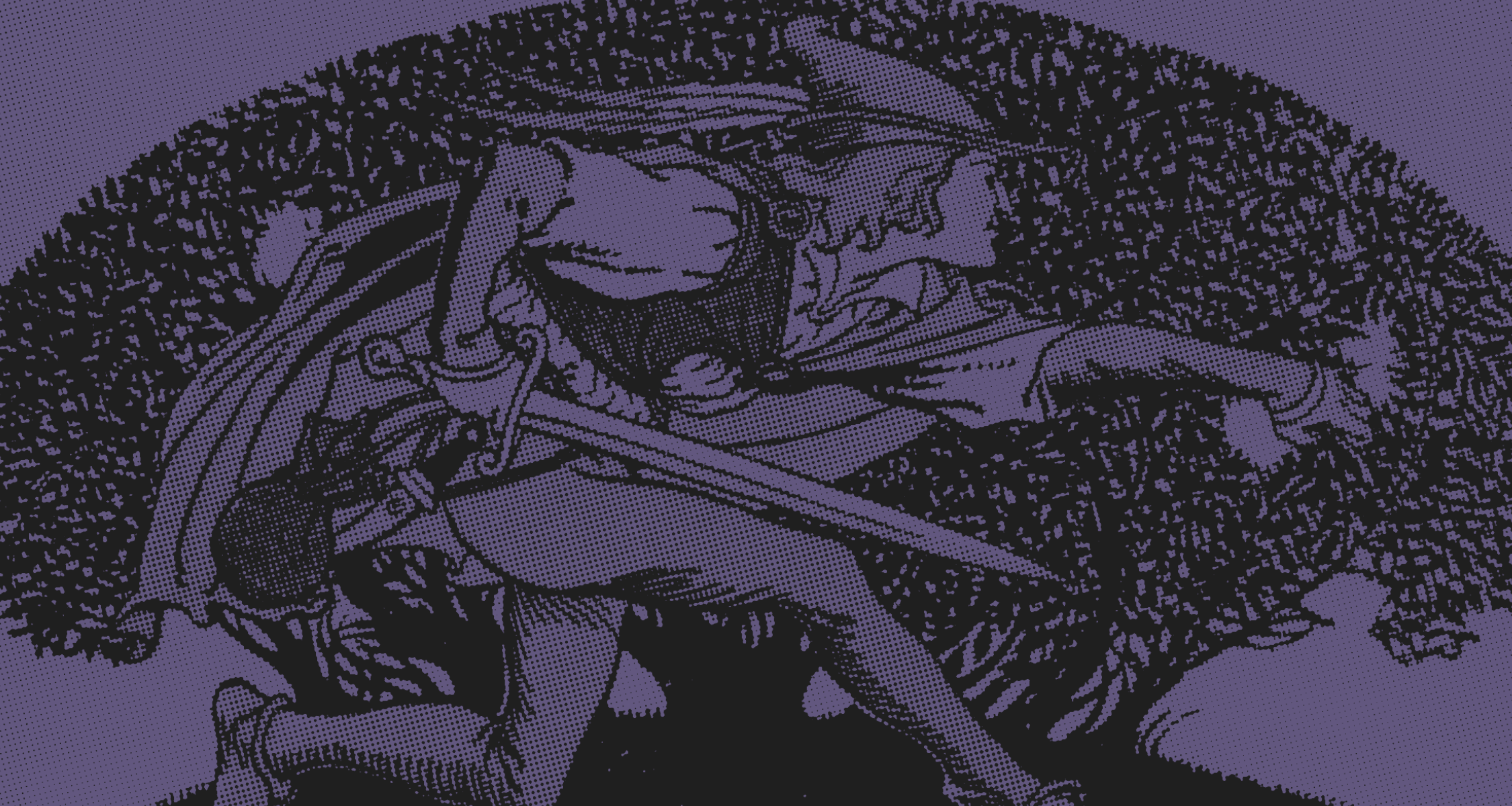
Genre Genesis
Heavy Blog’s better halves listen to what we’ve been blathering about and speculate what ridiculous stew of genre labels we would categorize them as.
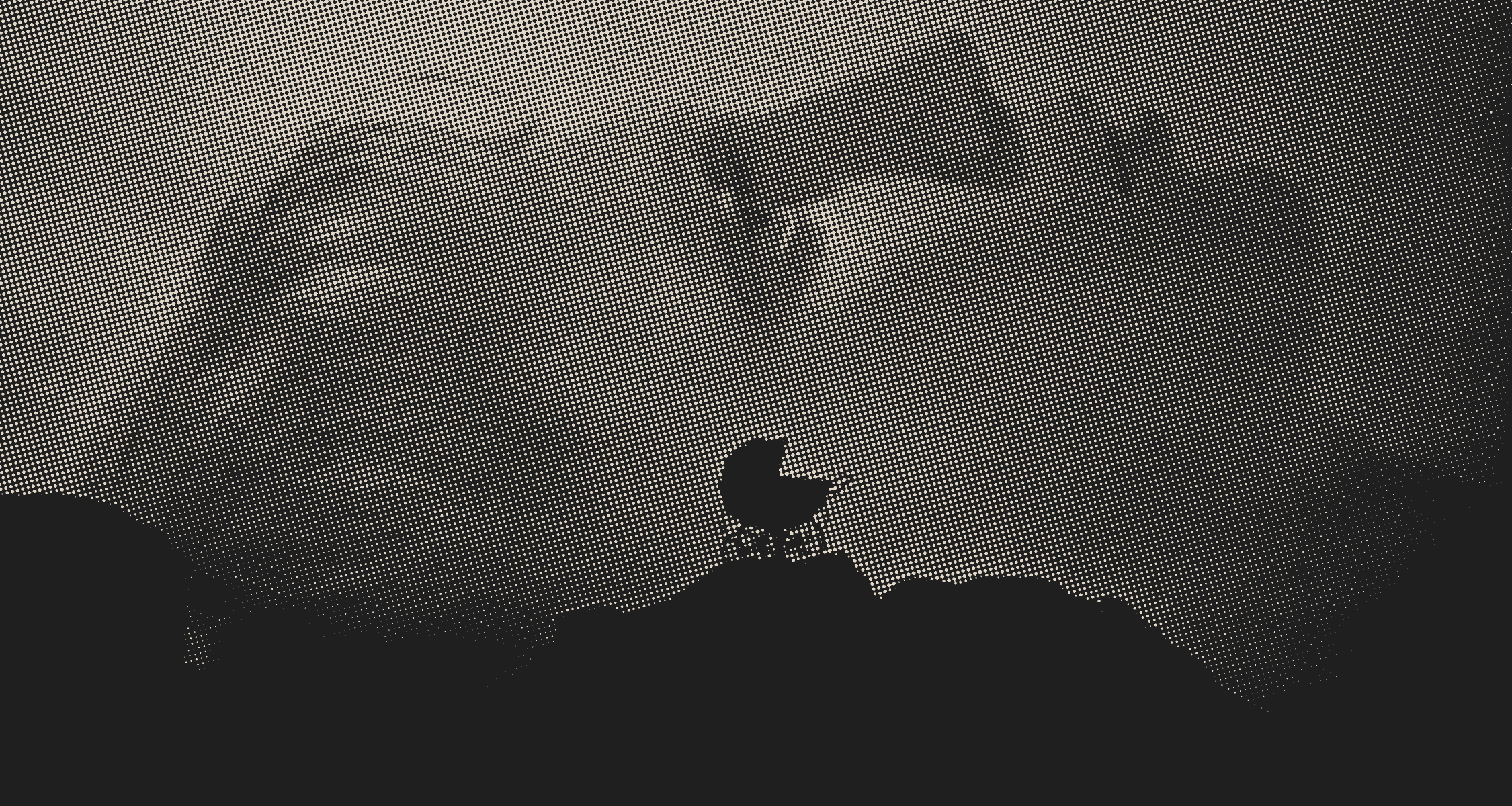
Into the Pit
All the fast, aggressive, and dirty thrash that’s fit to print.
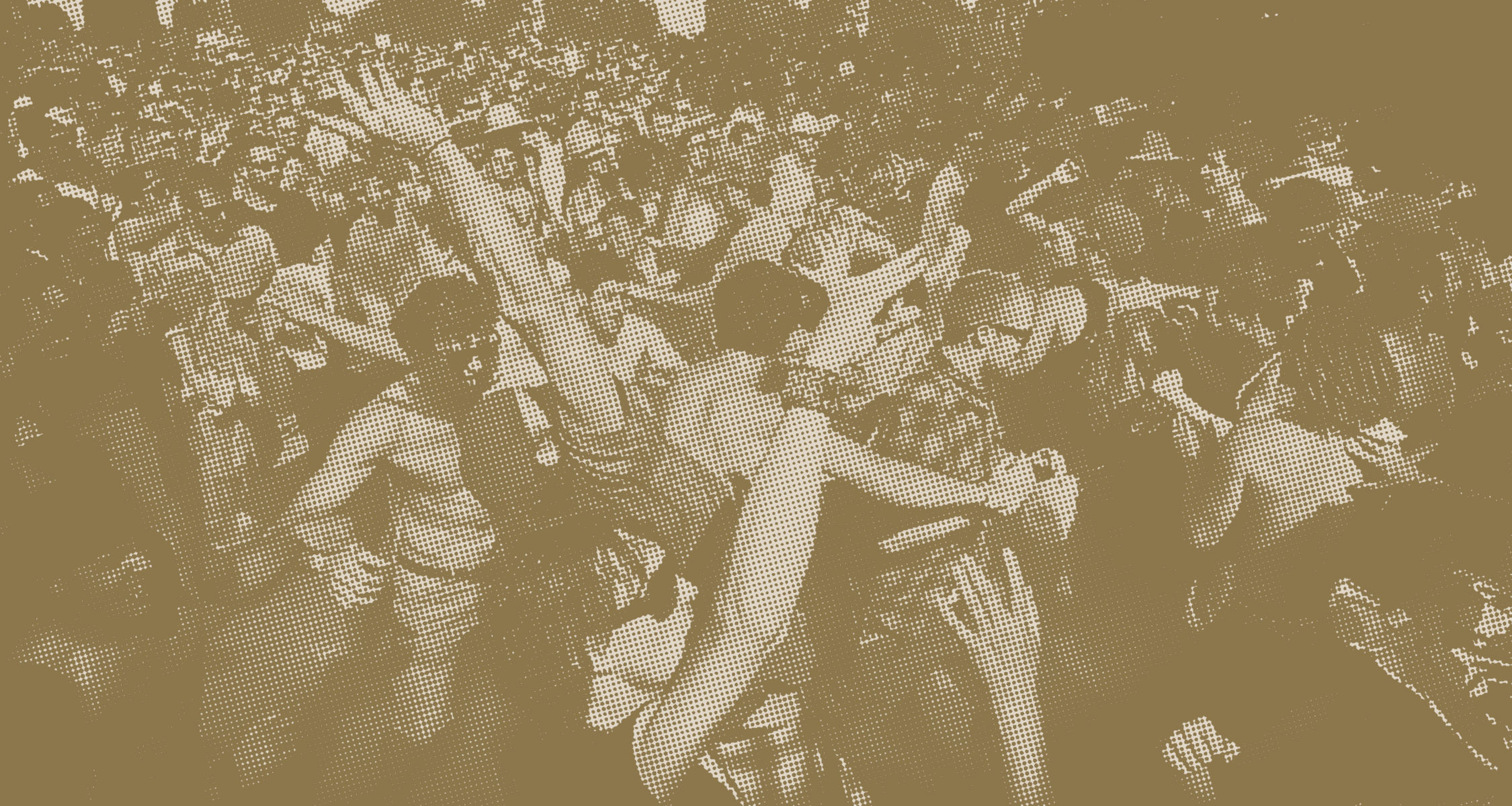
Kvlt Kolvmn
The grimmest, coldest, most abrasive column there is. Only the most premium of perma-frost, from the heart of darkness itself.

Post Rock Post
Where the horizon is always just beyond the next hill and your heart can roam free. Delay pedals, crescendos, and dreams.

Rotten to the Core
Sure, you’re hardcore but are you this hardcore? The column with all the breakdowns, riffs, and gang vocals you’ll need.

Unmetal Monthly
Head on through to turn down the distortion.

Wave//Breaker
Throw on your trench-coat, put on your favorite pair of sunglasses, and get ready to jack-in to the future in all its neon splendor.
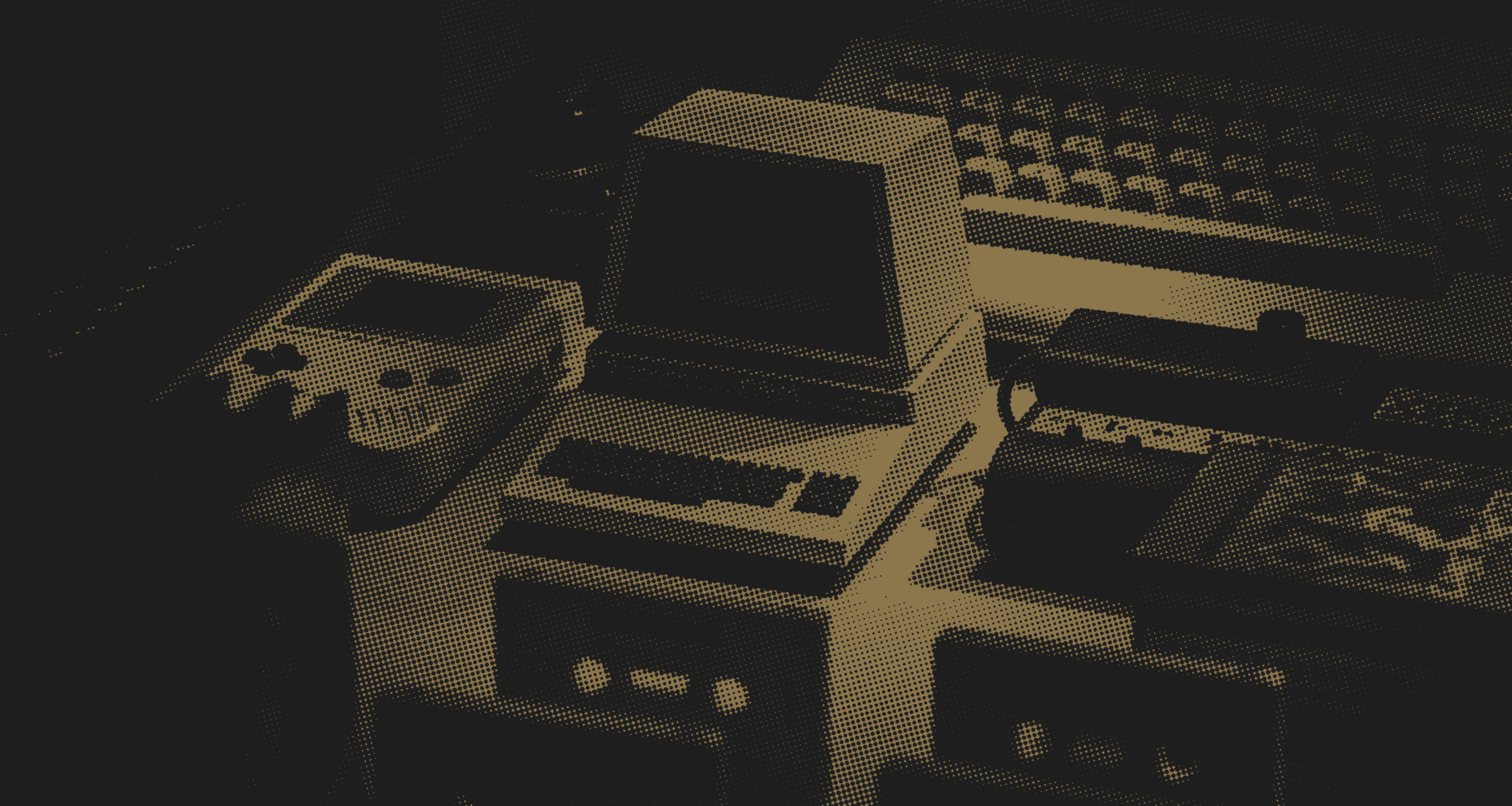
Features
Reaching Enlightenment
A Conversation with Spirit Adrift’s Nate Garrett.
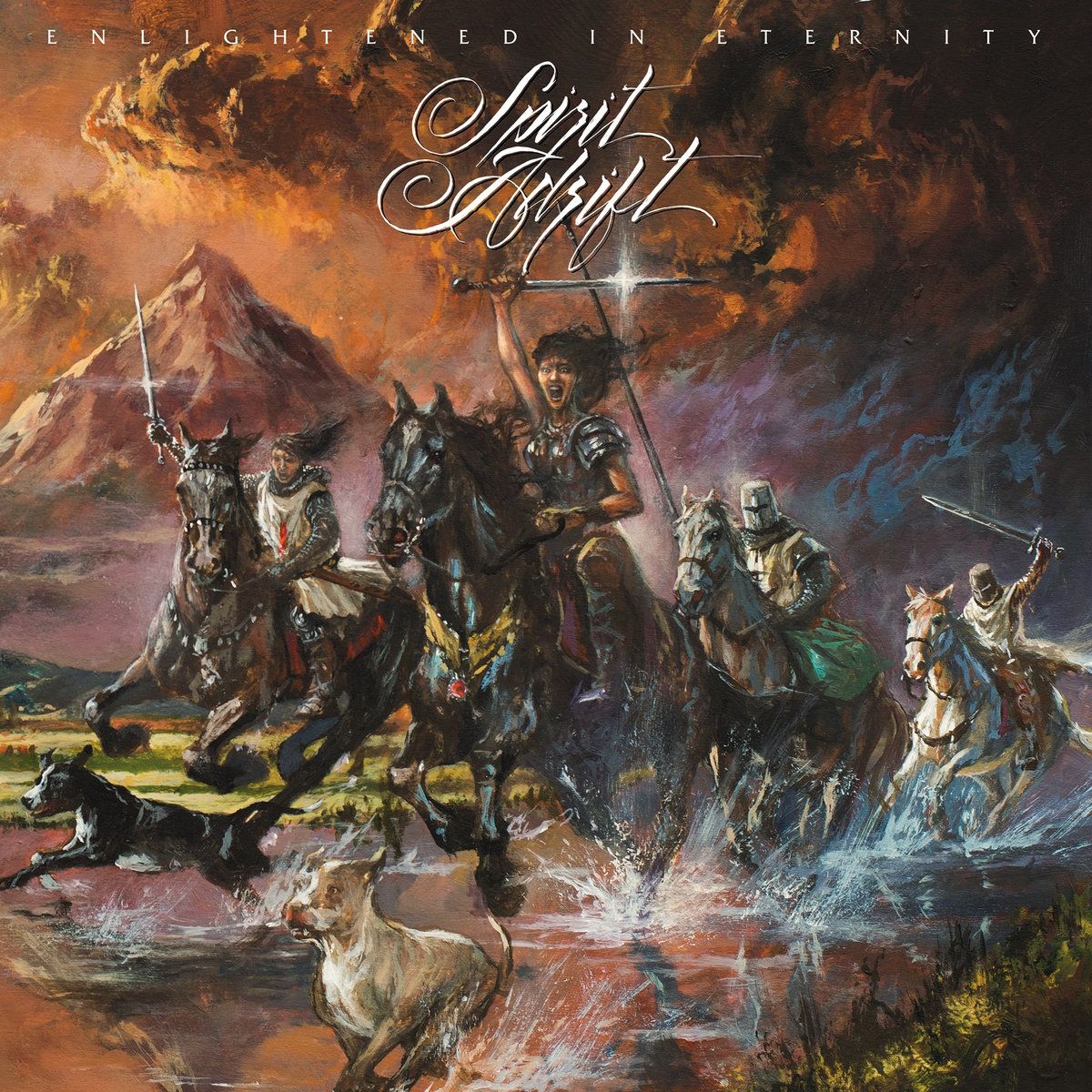
Maps of Meaning – The Once and Future King
Eden dives deep (really deep!) into the ties between Arthurian myth and metal.

A Gift to Artwork – Metallica
Karlo analyzes one of the most illustrious careers in metal’s history by looking at Metallica’s album cover art.

Reviews
Enslaved – Utgard
Ever since perfecting progressive black metal with 2010’s Axioma Ethica Odini, Enslaved have continued to push the limits of the genre. Their fifteenth album, Utgard is yet another ambitious entry in their catalogue.

Svalbard – When I Die, Will I Get Better?
There is a specter haunting punk music, the specter of the new generation of punk. When I Die, Will I Get Better? places Svalbard firmly at the forefront of this movement.

Pallbearer – Forgotten Days
What we all ultimately want from artists is an original vision of how they create music, and over time we want to hear how that sound changes and evolves into a wholly unique idea. Pallbearer might be the perfect example of that kind of band to discuss right now.

Anaal Nathrakh – Endarkenment
There has never been a more prescient time for an Anaal Nathrakh record to rear its vile head, and if 2020 could use a soundtrack to compile all the emotions being felt across the globe currently, Endarkenment just may be it.

Perspectives
Ask Metal Anything
Monthly questions from the blog’s Facebook group about…anything!

The Void Screameth
We’ve all got our pet issues, big and small, and sometimes you gotta just write it all out and digitally scream into the black void of the Internet. This is that, just written much better.
